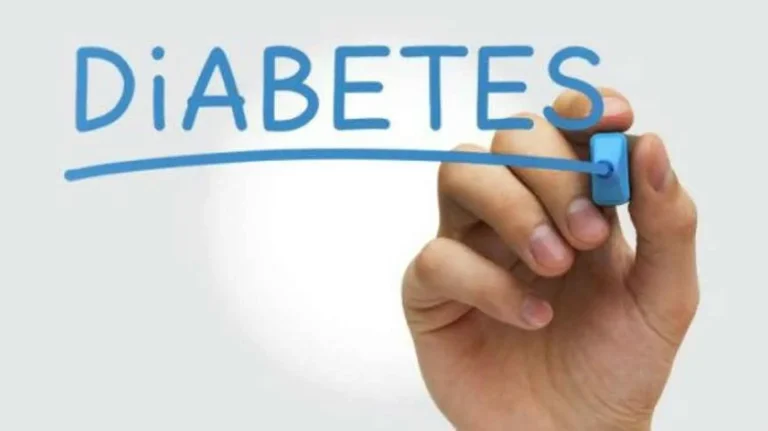A Professor of Medical Physiology, Magnus Anyakudo, has urged urgent action to address Nigeria’s growing burden of diabetes, warning that millions of lives are at stake.
Prof. Anyakudo of the Federal University of Lokoja (FUL) made the call on Thursday while delivering the university’s 35th Inaugural Lecture at the Adankolo campus, Lokoja.
The lecture, titled “Nutrition, Your Health: Unlocking the Power of Evidence-Based Dietary Strategies for Diabetes Mellitus”, highlighted the urgent need to tackle diabetes amid Nigeria’s health, economic and social challenges.
Prof. Anyakudo noted that the economic burden of diabetes is substantial, with global healthcare expenditure estimated at $772 billion in 2018 and projected to reach $1.015 trillion in 2024.
He said, “Diabetes mellitus is a chronic disease with no known cure at present, but understanding the risk factors can help individuals take proactive steps through lifestyle changes and regular health screening. Prevention is key, especially for non-communicable disorders like diabetes.”
The professor stressed the importance of collaborative efforts to identify and control modifiable risk factors through informed nutritional strategies.
He also appealed for increased support for those living with diabetes to foster a culture of health and wellness.
“We should support research and education initiatives aimed at improving diabetes prevention and management. Our mission is to enhance the lives of those living with diabetes and prevent the disease in at-risk individuals,” he said.
Prof. Anyakudo advised people to maintain a balanced diet of whole, unprocessed foods, including fruits, vegetables, whole grains, lean proteins, and healthy fats. He encouraged drinking plenty of water, limiting sugary drinks, avoiding baked goods and white bread, engaging in regular physical activity, ensuring adequate sleep, and managing stress through activities such as yoga or meditation to improve insulin sensitivity.
Earlier, Prof. Olayemi Akinwumi, FUL Vice-Chancellor, said the university has a responsibility to ensure research reaches beyond academic journals into clinics, marketplaces, and homes.
He said, “We must strengthen partnerships between researchers and health services, collaborate with industry and civil society to develop wholesome food environments, and support public education campaigns that make healthy choices easier. Through this inaugural lecture, Prof. Anyakudo has upheld the academic tradition, offering knowledge that empowers families, informs clinical practice, guides policymakers, and shapes public health initiatives.”


